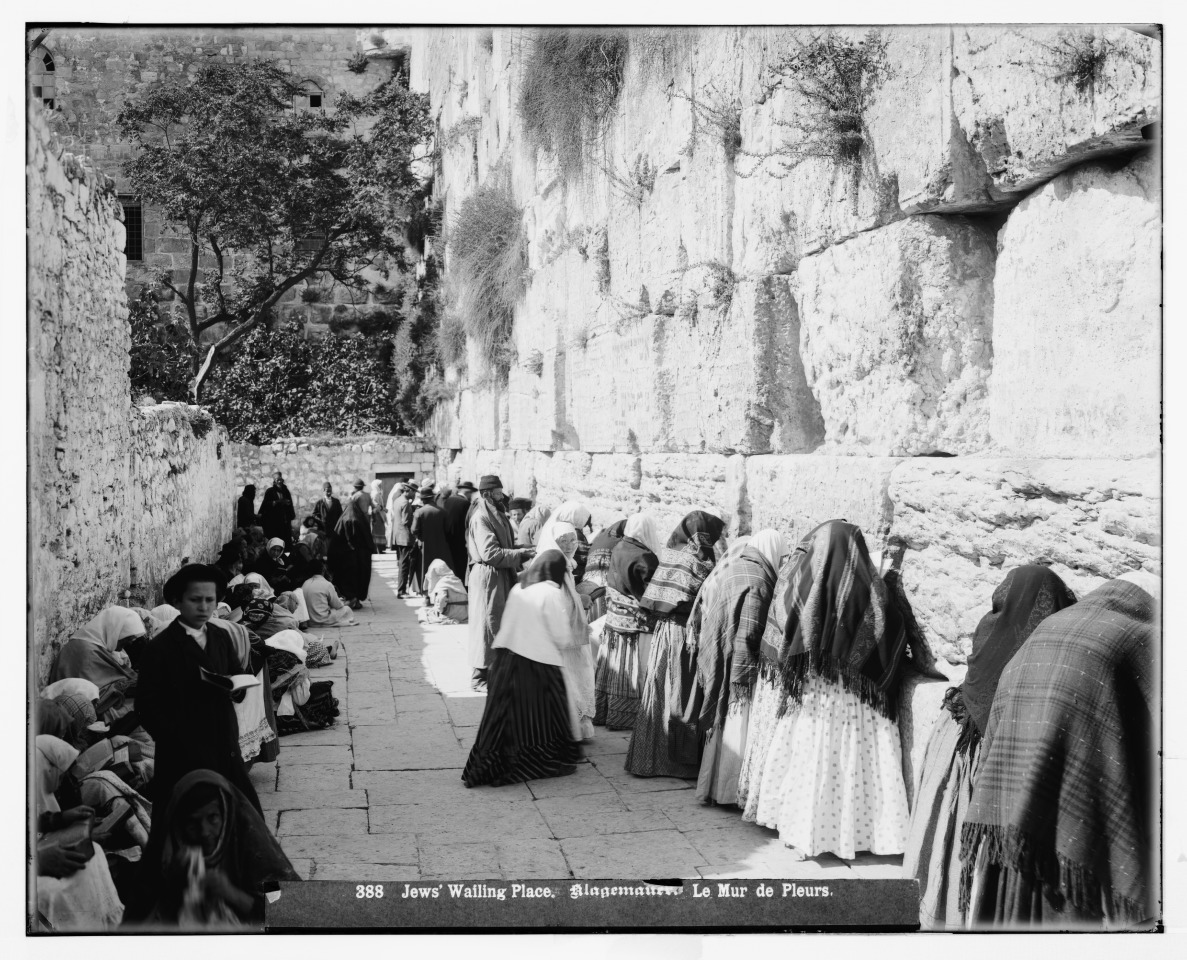
I support the plan to move the U.S. Embassy in Israel from Tel Aviv to Jerusalem. I acknowledge this is a controversial topic, and I will observe the talmudic principle of stating the primary, opposing viewpoint before my own:
“The American Embassy in Israel shouldn’t be moved from Tel Aviv to Jerusalem at this time because it will result in violence, impair the Israeli-Palestinian peace process and further destabilize a region already beset with violence and chaos.”
I disagree with this view because it expects the worst from Palestinian Arabs and Arabs in general. I believe it is racist to assume that these groups will become violent merely because something happens that displeases them.
It is true that actions by Israel and the United States have met with violence in the past. If we dig deeper, however, we find that the real obstacle to peace is a Palestinian leadership that benefits financially from the ongoing cycle of violence. One need look only at the personal fortune of Yasser Arafat at the time of his death — a stash worth more than $1 billion — to grasp the profound impact of the leadership’s corruption on the Palestinian people.
Fourteen years later, Arafat’s successors continue to hire protesters for suicide missions by offering lifetime payments of $3,000 a month to their families, distributed through the Palestinian Authority Martyrs Fund. Thousands of families receive these payments, funded entirely by foreign aid. Needless to say, the politicians take a huge cut for themselves.
The real obstacle to peace is a Palestinian leadership that benefits financially from the ongoing cycle of violence.
It’s a simple cycle: incite violence against Israelis, exploit the predictable military response for publicity, receive payments from sympathetic nations and skim for personal gain.
The leaders of this operation are not motivated to imagine peace with Israel because it would take money out of their pockets. Bypassing such leaders is the key to forging the elusive peace.
In announcing the intention to move the embassy, President Donald Trump noted that 1) the modern State of Israel declared Jerusalem its capital decades ago and has thus governed itself ever since; 2) the American pretense that Tel Aviv is Israel’s capital has not contributed to peace in the region; and 3) most importantly, Jerusalem is the eternal capital of the Jewish people.
This truth has never been taught in Palestinian schools. The fact that Jerusalem is mentioned by name 622 times in the Torah and has been the focus of Jewish prayer for 2,000 years, and has never been the capital of any other nation, doesn’t matter if such facts are not communicated to the population that is being manipulated into violence.
The proposed embassy move, which carries tremendous symbolic weight, bypasses the Palestinian Authority gatekeepers and communicates to the Palestinian-Arab people that Israel and Jerusalem will never be parted. It brings us closer to peace by respecting them enough to assume that violence is neither their only form of communication nor negotiation, when presented with actual facts.
In its coverage of the embassy story, however, the Los Angeles Times noted on its front page that the president’s announcement sent “a sense of anger and apprehension coursing through the Arab world.”
This is the racism of low expectations. How can relocating the diplomatic office to reflect a historical and practical reality create apprehension for Arabs? Who is threatening them? It’s as if the L.A. Times already is justifying the violence it expects from the Arab world.
If more violence comes, and I pray it does not, it will not be because the United States respects Israel’s right to determine its own capital like every other nation. Such violence would arise from the same corrupt leadership that has always benefited from it. If we recognize these leaders and hate peddlers for what they are, we may well hasten the day when new leadership arises that seeks to build a genuine peace and more hopeful future for Palestinians.
This kind of revolution can’t happen if we don’t engage with the people directly. Let’s assume they want peace and they’re open to new ideas. Let’s raise our expectations.
Such assumptions won’t make the road to peace a smooth one, but at least there will be a road.
Salvador Litvak shares his love of Judaism every day at facebook.com/accidentaltalmudist.























 More news and opinions than at a Shabbat dinner, right in your inbox.
More news and opinions than at a Shabbat dinner, right in your inbox.